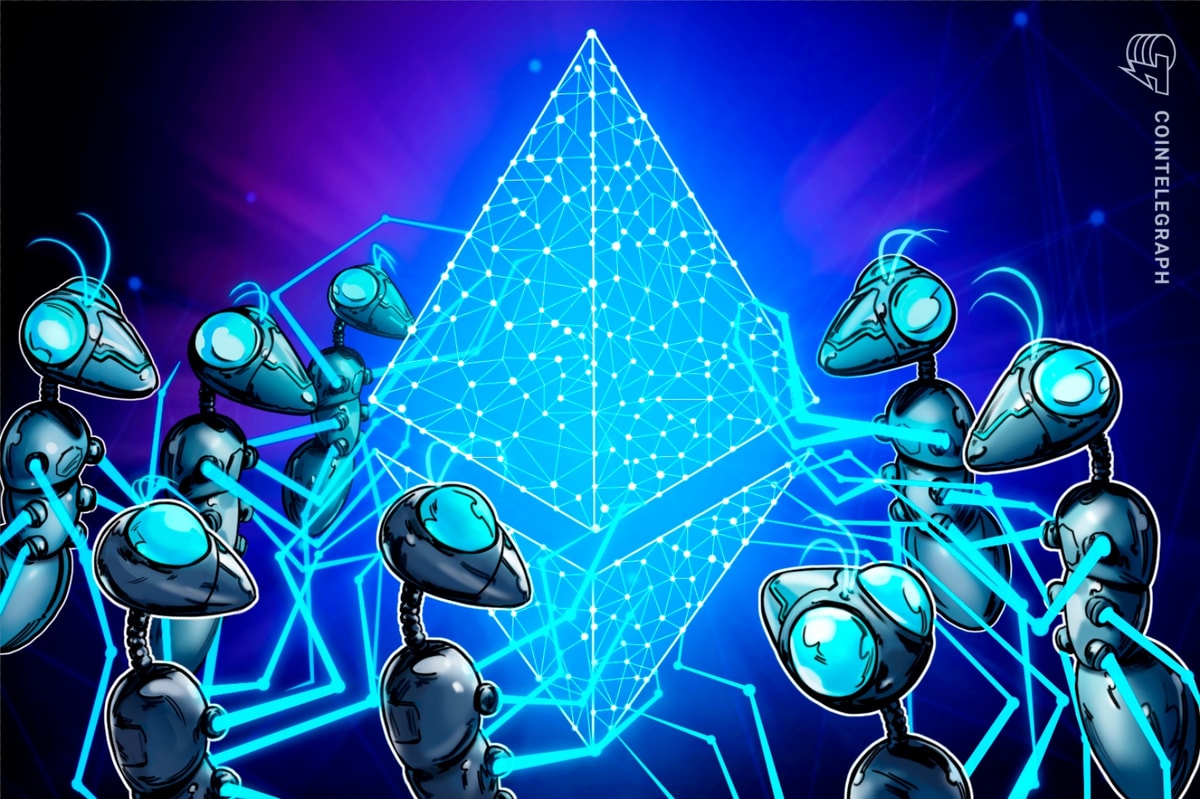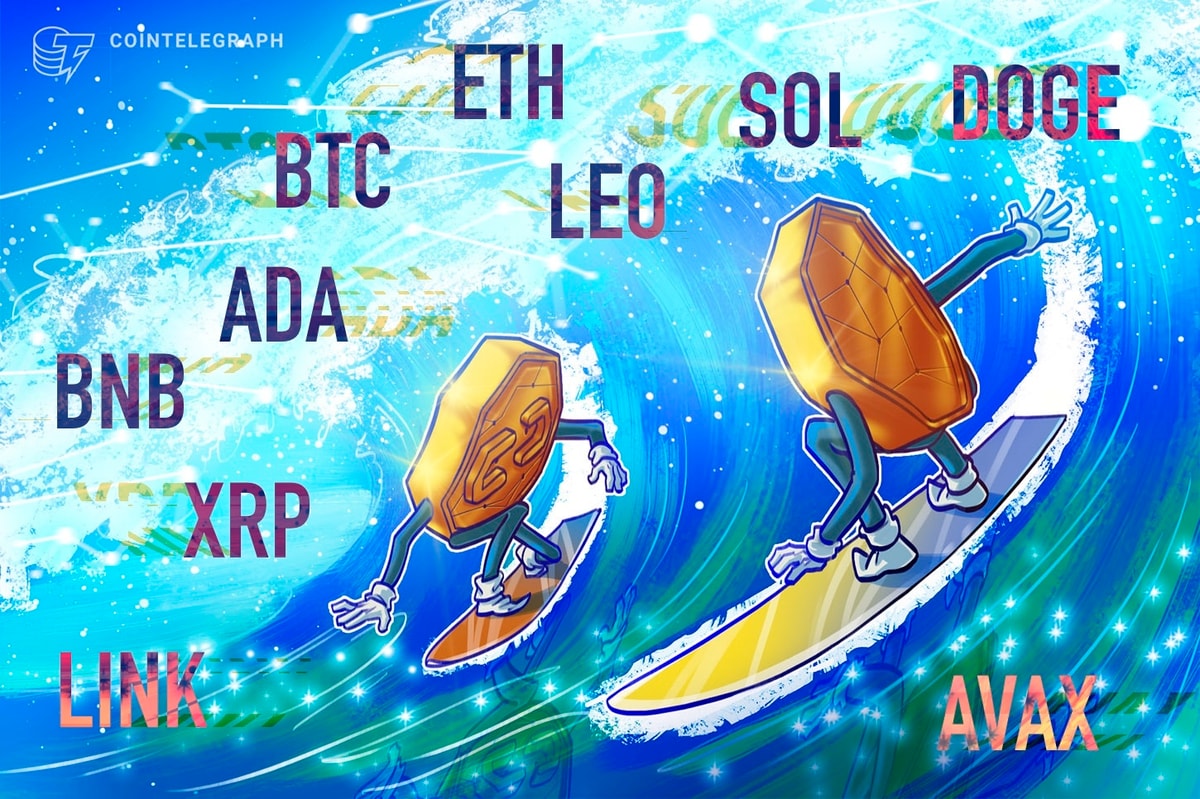Ethereum’s Potential as a Decentralized Partner in AI
There is a significant opportunity for Ethereum to become a decentralized partner in solving the current problems plaguing artificial intelligence (AI) platforms, according to Eric Connor, a former core Ethereum developer. Connor’s statement, made on April 15 on X, highlights the potential of Ethereum to address the limitations of AI, which are fast reshaping various aspects of our lives.
The Current State of AI: Limitations and Opportunities
AI is rapidly advancing and transforming industries, but it is not without its challenges. The current state of AI is plagued by "black-box models," which refer to complex algorithms that are difficult to interpret and understand. This lack of transparency makes it challenging to trust AI decision-making processes. Additionally, AI is often reliant on centralized data silos, which can lead to issues with data ownership and control. The industry also grapples with privacy pitfalls, as users’ personal data is often collected and exploited without their consent.
Ethereum’s Advantages in Addressing AI Limitations
Ethereum offers a unique set of features that can address the limitations of AI. The platform provides transparency through verifiable smart contracts, which can record AI model training processes and data sources. This ensures that users can see how decisions are made, promoting trust and accountability. Ethereum’s decentralized nature allows it to resist the control of Big Tech monopolies, ensuring that users have control over their data and decisions.
Moreover, Ethereum’s use of token economies aligns incentives, providing a fair and secure way to reward AI developers for their contributions. The platform also features built-in micropayment infrastructure, allowing for seamless and secure transactions.
Smart Contracts and AI Transparency
Smart contracts can play a crucial role in addressing the "black box" problem in AI. These contracts can provide transparent records of AI model training processes and data sources, ensuring that users can understand how decisions are made. This transparency is essential for building trust in AI systems and promoting accountability.
However, major AI players may resist open models as they profit from secrecy and control. But as demand for transparency, fairness, and security grows, Ethereum offers an alternative path. The platform’s ethos of openness, collaboration, and trust minimization aligns with the principles of ethical and accountable AI.
Ethereum’s Role in Decentralizing AI
Ethereum’s potential in decentralizing AI extends beyond its use in finance. By proactively building tooling, research, and real-world use cases, Ethereum can give AI developers a reason to embrace decentralized approaches. This could lead to mainstream adoption of decentralized AI beyond the financial sector.
AI Agents on Ethereum
Ethereum may also play a crucial role in the development of agentic AI, a rapidly growing and experimental technology. AI agents are software programs that use artificial intelligence to autonomously perform tasks, make decisions, learn from data, and adapt to changes. On Ethereum, AI agents can access transparent, real-time blockchain data, true digital asset ownership, and the ability to execute transactions and interact with smart contracts.
Notable Projects
Three notable projects are already leveraging Ethereum’s capabilities: Luna, an autonomous virtual influencer controlling its own on-chain wallet; AIXBT, an AI agent providing crypto market analysis; and Botto, a decentralized autonomous artist creating NFTs guided by community voting. Additionally, projects like Bankr and HeyAnon are simplifying blockchain interactions through conversational interfaces, allowing users to manage wallets and execute transactions via simple chat commands.
Conclusion
Ethereum’s potential as a decentralized partner in AI is vast and promising. The platform’s unique features, such as transparency, decentralization, and aligned incentives, can address the limitations of AI and promote trust, accountability, and fairness. By embracing decentralized approaches, Ethereum can give AI developers a reason to adopt more transparent and secure methods, leading to mainstream adoption beyond finance.
FAQs
Q: What are the limitations of AI?
A: AI is plagued by "black-box models," centralized data silos, and privacy pitfalls, making it challenging to trust AI decision-making processes.
Q: What are smart contracts, and how do they address the "black box" problem?
A: Smart contracts provide transparent records of AI model training processes and data sources, ensuring that users can understand how decisions are made.
Q: Why might major AI players resist open models?
A: Major AI players may resist open models as they profit from secrecy and control.
Q: What is agentic AI, and how does Ethereum support it?
A: Agentic AI refers to software programs that use artificial intelligence to autonomously perform tasks, make decisions, learn from data, and adapt to changes. Ethereum supports agentic AI by providing transparent, real-time blockchain data, true digital asset ownership, and the ability to execute transactions and interact with smart contracts.
Q: What are some notable projects leveraging Ethereum’s capabilities?
A: Notable projects include Luna, AIXBT, Botto, Bankr, and HeyAnon, which are using Ethereum’s platform to create autonomous virtual influencers, AI agents, decentralized artists, and conversational interfaces.








